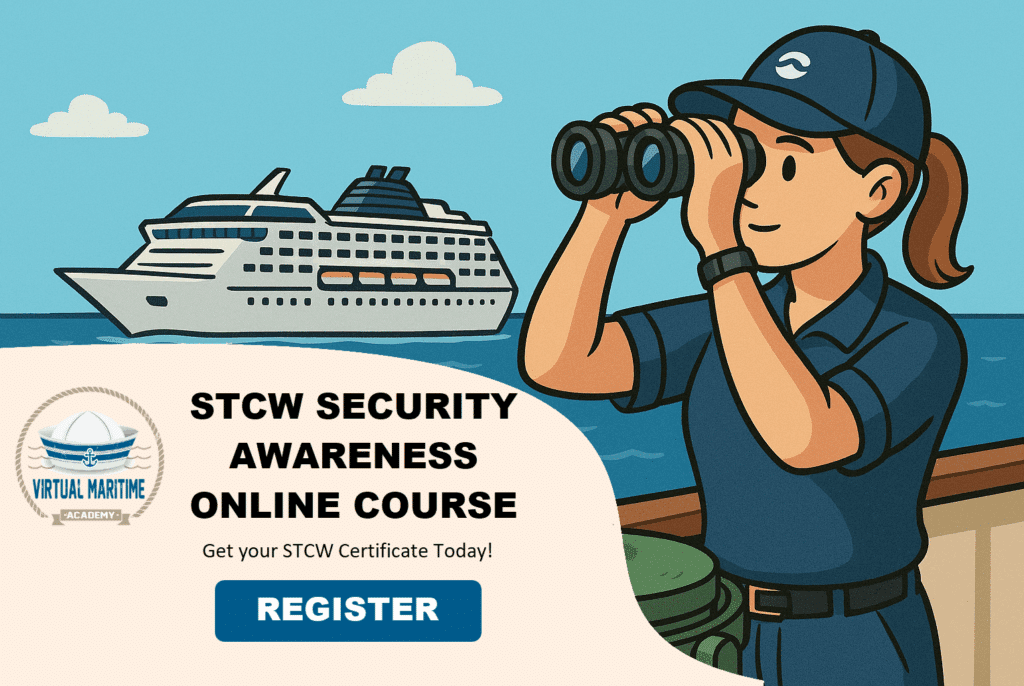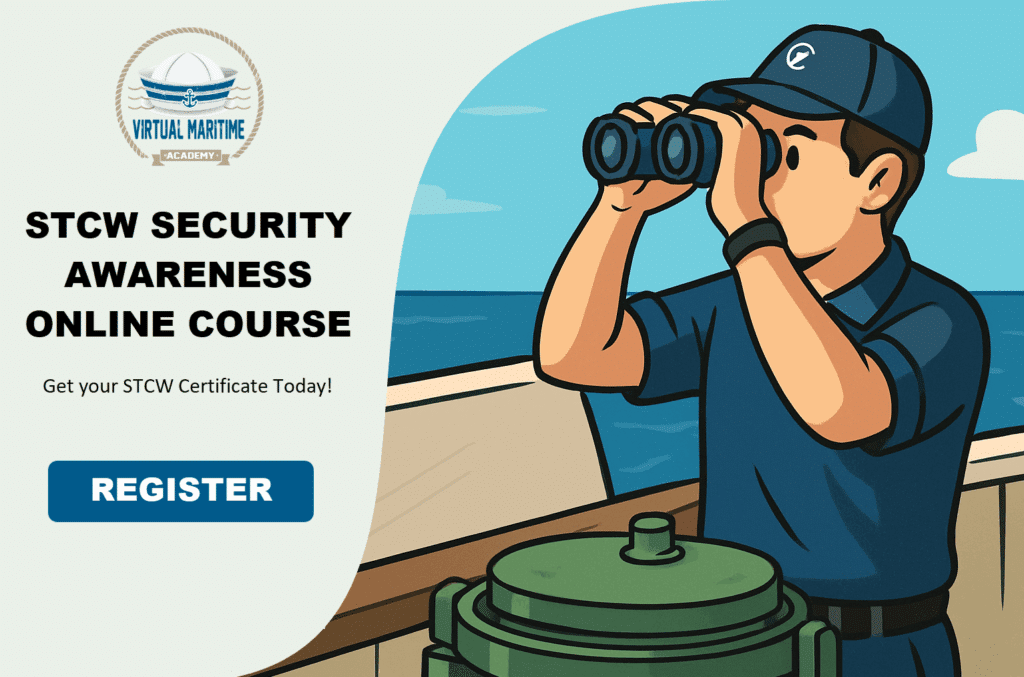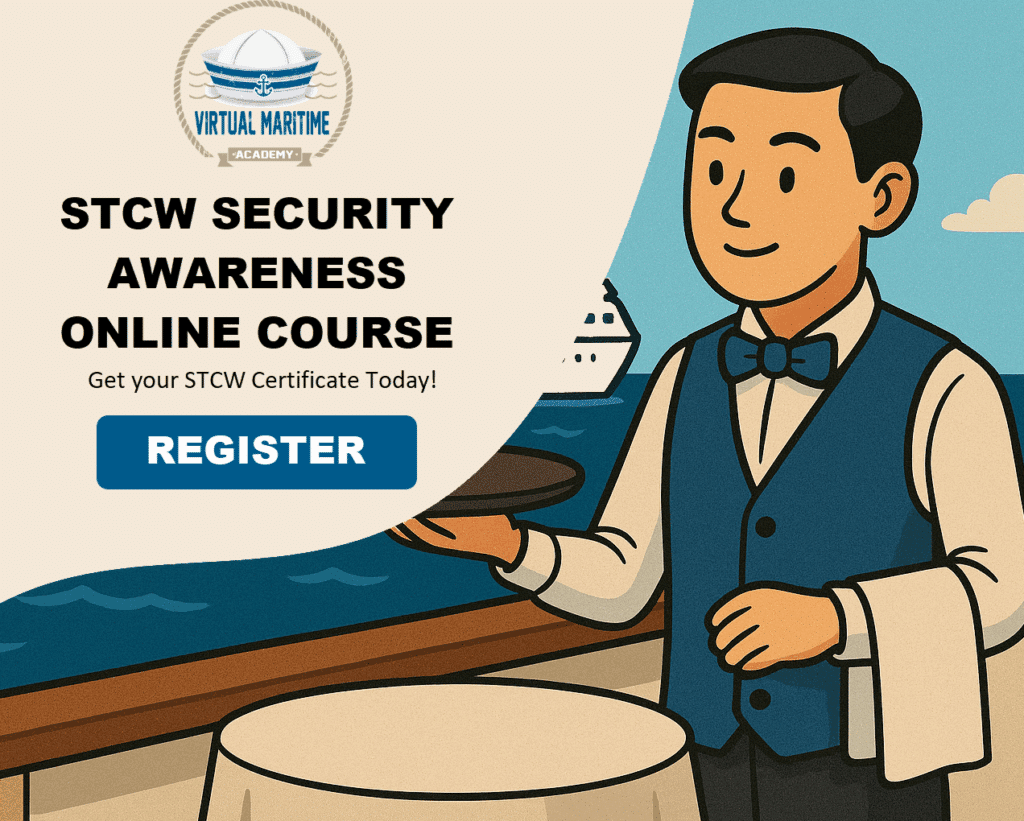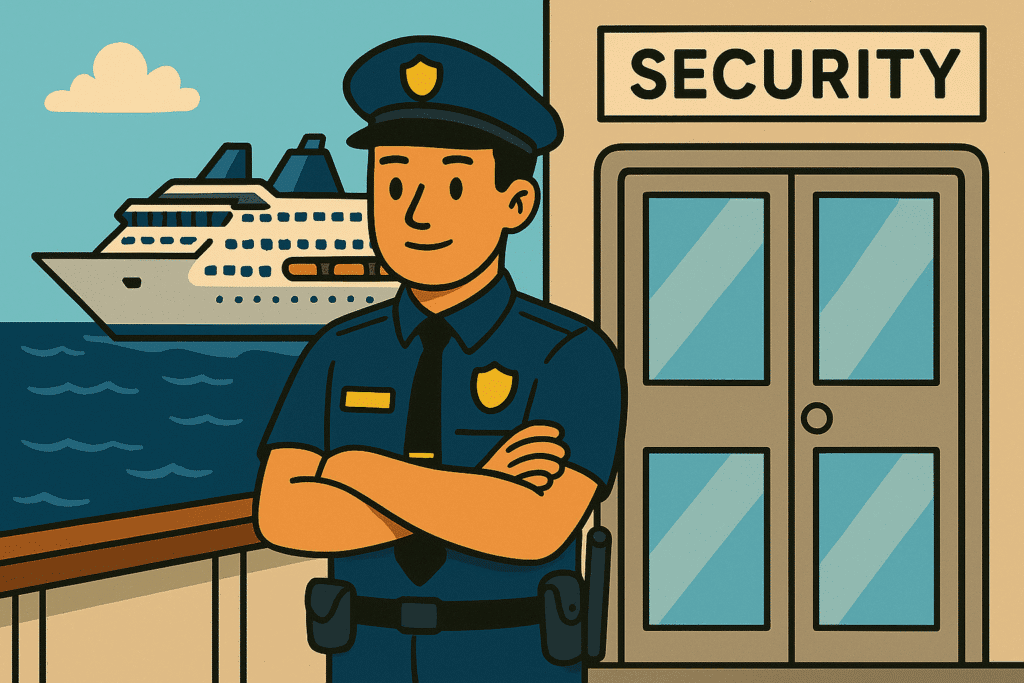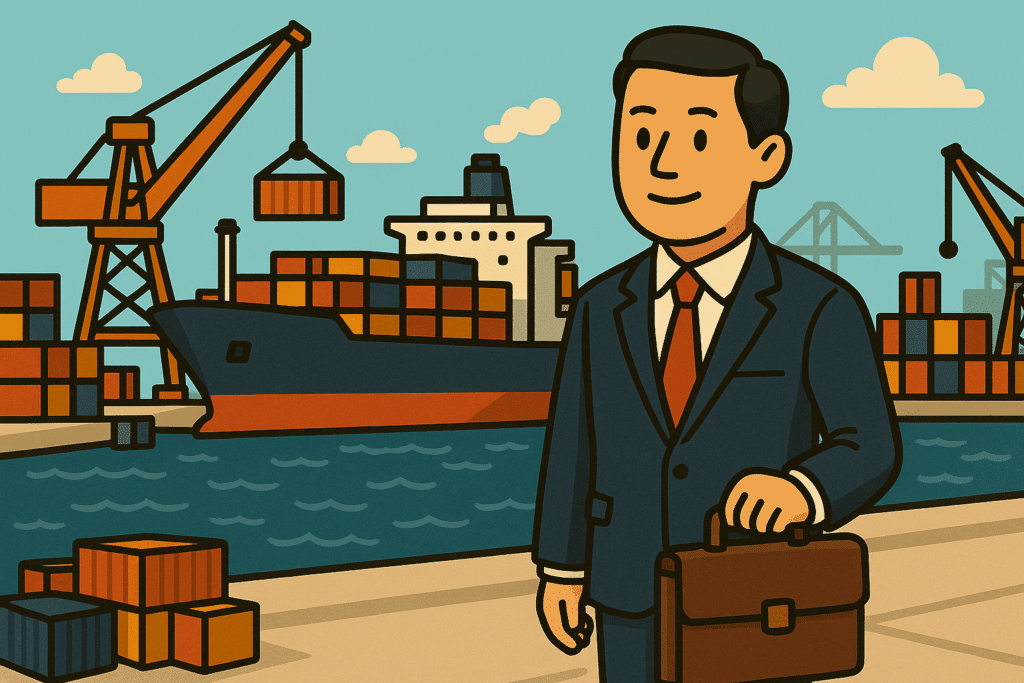Introduction to Maritime Environmental Protection
Our oceans cover more than 70% of the Earth’s surface and play a vital role in the global ecosystem. They regulate climate, produce oxygen, and support a rich diversity of life. Despite their importance, the world’s seas are under continuous threat from pollution, overfishing, climate change, and habitat destruction. Safeguarding our seas is not only a matter of environmental duty but also critical for economic and social stability. The concept of maritime environmental protection involves a range of strategies designed to prevent damage to ocean ecosystems from human activity and to restore health wherever possible.
The Threats to Maritime Environments
Pollution
Pollution is one of the most pervasive problems in today’s oceans, involving substances like plastics, oil, industrial chemicals, and agricultural runoff. These pollutants not only harm marine life but also affect human health and coastal economies. For instance, oil spills can cause immediate and long-term ecological damage, while plastic waste harms marine organisms and enters human food chains through seafood consumption.
Overfishing and Bycatch
Overfishing depletes fish stocks faster than they can replenish, leading to the collapse of certain fish populations. This disrupts marine ecosystems and the communities that rely on fishing for their livelihood. Bycatch, the capture of unintended species during fishing, further compounds this problem, leading to waste and the decline of non-target species.
Climate Change and Ocean Acidification
Increased levels of CO2 in the atmosphere lead to higher ocean temperatures and ocean acidification. Warmer oceans result in coral bleaching and the alteration of marine habitats, affecting biodiversity and fisheries. Ocean acidification weakens coral reefs and shellfish, impacting species reliant on these structures for shelter and foraging.
Habitat Destruction
Human activities such as coastal development, bottom trawling, and the alteration of coastlines for tourism or industry destroy critical habitats. Mangroves, coral reefs, and seagrasses are particularly vulnerable. These ecosystems are crucial not only for marine species but also for coastal protection and carbon sequestration.
Strategies for Maritime Environmental Protection
International and National Regulations
Governing bodies at various levels have established laws and agreements to protect the marine environment. International agreements like MARPOL 73/78 aim to prevent marine pollution from ships, while national fishing quotas and marine protected areas (MPAs) strive to sustainably manage marine resources. Effective enforcement of these regulations is critical to ensuring compliance and protecting our seas.
Strengthening Marine Protected Areas (MPAs)
MPAs are regions of the ocean where human activity is restricted to protect natural or cultural resources. They play a crucial role in biodiversity conservation by safeguarding entire ecosystems and allowing marine populations to recover and thrive. Expanding MPAs and improving their management is vital for the recovery of our oceans.
Innovative Technologies
Advancements in technology offer new ways to combat maritime environmental threats. For example, satellite monitoring and drones can track illegal fishing, while biotechnology might help address plastic pollution through the development of biodegradable materials and enhanced recycling processes.
Community Engagement and Education
Local communities play a fundamental role in marine conservation. Educating fishers and coastal communities about sustainable practices and the importance of biodiversity can lead to more effective local conservation efforts. Furthermore, involving communities in decision-making can increase support for environmental policies.
Safeguarding our seas is a complex challenge that requires cooperation among nations, communities, and individuals. Through stringent regulations, innovative technologies, and community-driven initiatives, we can mitigate the threats to our maritime environments. Protecting the oceans is not just about conserving nature; it is crucial for ensuring a sustainable future for the next generations. The health of our oceans directly impacts global health, highlighting the need for immediate and sustained action in maritime environmental protection.




